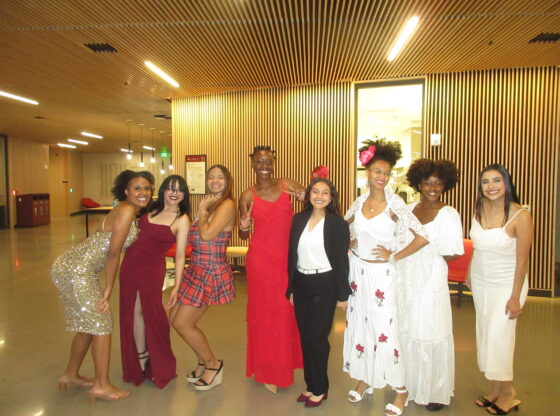The world’s leading expert on modern day slavery and human trafficking spoke at the Graduate School of International Studies Thursday. Kevin Bales, founder and director of Free the Slaves, is currently on tour talking about his book on slavery.
The book, Ending Slavery: How We Free Today’s Slaves, offers a 25 year plan to eradicate the global epidemic of slavery.
Bales gave a brief history of the trans-Atlantic slave trade up to the present day problems of sex trafficking and forced child and adult labor. An estimated 27 million people are currently enslaved around the world, twice that of the trans-Atlantic slave trade, and no country, including the United States, is free from this problem. Although this is the largest number of people that have ever been enslaved, the figure represents the smallest percentage of the global population that has been economically exploited in history, Bales said.
“There is hope,” he said. “It [slavery] has to be attacked from every direction. There is no silver bullet, there’s a box of silver bullets and we have to figure out which bullet to use in each situation.”
Besides the basic violations human rights that occur with slavery, Bales also highlighted the economic incentives that should help push governments to take action. Bales’ group Free the Slaves, which works to free the exploited, has found that freed and rehabilitated individuals contribute twice as much to their economies as those held in bondage.
Bales hopes that as countries develop they will have more tools to fight the injustice of modern-day slavery. He also encourages people to take action by learning how to see the signs of exploitation. He noted that Colorado has one of the most unique enforcement units in the country dedicated to ending slavery. The immigration enforcement unit has 22 state troopers that are trained to detect and deal with enforcement of anti-trafficking laws.
The Center for Rights and Development, or CORD, hosted the event attended by more than 50 people. CORD is made up of graduate students, mostly from GSIS and Sturm College of Law, that shed light on a current issue each year. CORD has chosen human trafficking and modern day slavery as its focus and will host other events, including an on-going film series and a symposium in the spring.
All of the proceeds from Bales’ book go to Free the Slaves. Bales said he plans to keep working to raise awareness and action on local and international levels.
“We don’t believe a person is free
until they have dignity, autonomy and until they can be citizens,” Bales said.











